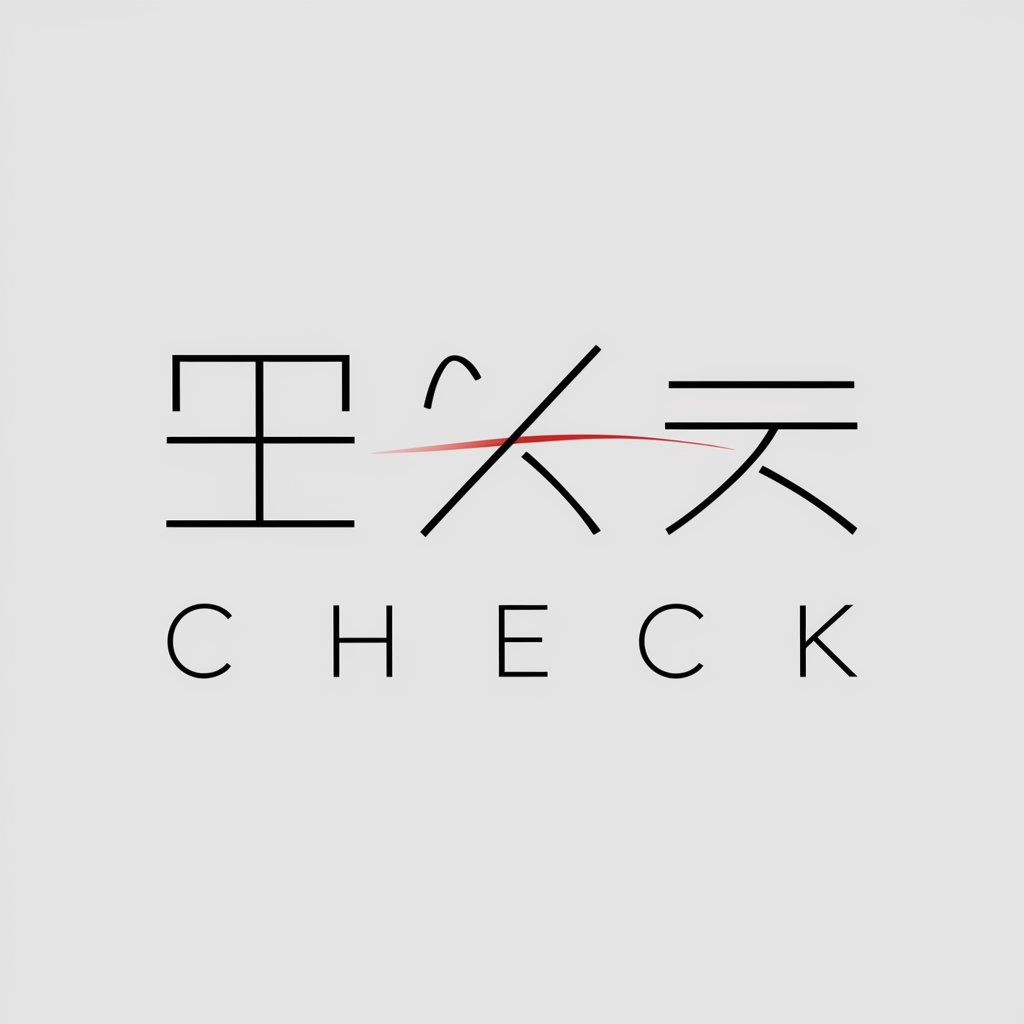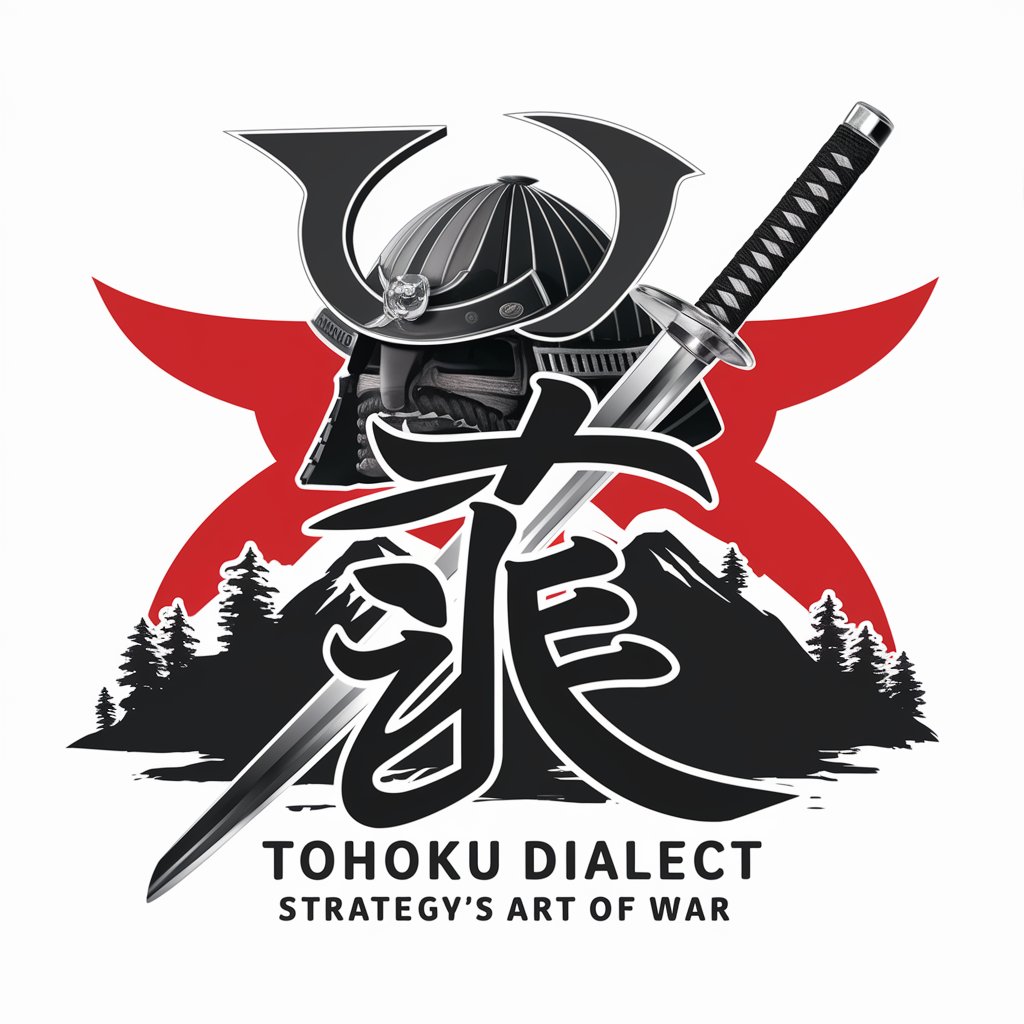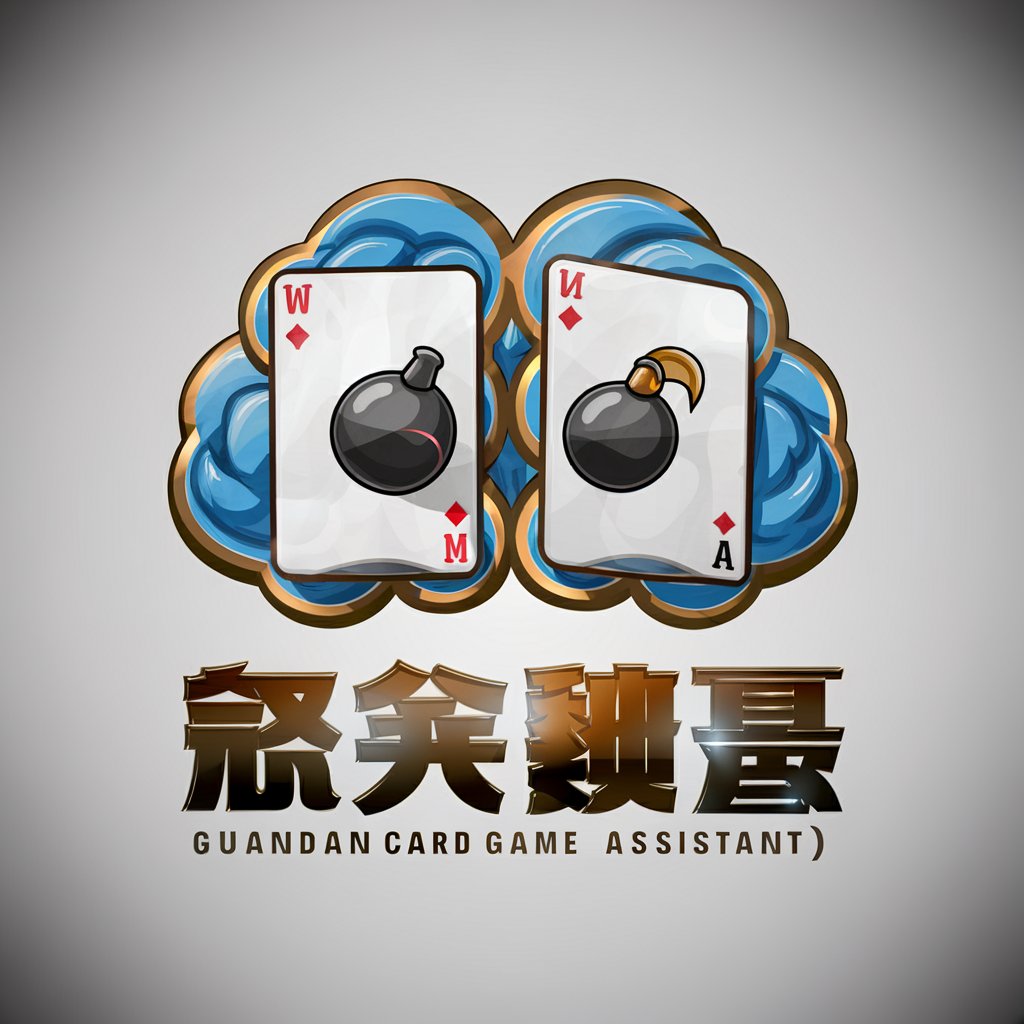
弱者の戦略 - Strategic Framework for Smaller Entities

弱者の戦略へようこそ。成功のための戦略を見つけましょう。
Empowering the Underdog through Strategy
How can weaker companies...
What strategies should be employed by...
Explain the importance of niche targeting...
Describe how flexibility benefits...
Get Embed Code
Introduction to 弱者の戦略
弱者の戦略 is designed as a strategy for companies with less financial and asset strength, focusing on how such entities can effectively compete and thrive in their respective markets. It emphasizes avoiding direct confrontation with more resourceful competitors, identifying and exploiting niche segments, concentrating efforts on selected areas or products, reconsidering competition in mature markets, and leveraging agility for innovation and quick response to market changes. An example scenario is a small tech startup avoiding head-on competition with tech giants by innovating in a niche market where the larger companies are not focusing their efforts. Powered by ChatGPT-4o。

Main Functions of 弱者の戦略
Avoiding Head-On Confrontation
Example
A small bookstore focusing on rare and local literature instead of bestsellers dominated by large chains.
Scenario
When a large retailer enters a small market, the small bookstore shifts its focus to niche, specialized books.
Niche Strategy
Example
A small software company developing specialized tools for indie game developers.
Scenario
Identifying a gap in the market where larger companies are not serving a specific customer base and filling that gap.
Concentration and Selection
Example
A restaurant chain focusing solely on farm-to-table concepts in select locations.
Scenario
Reducing the geographical spread and menu variety to specialize in a unique dining experience.
Non-Adherence to Competition
Example
A small tech firm opting to be acquired by a larger company to access more resources.
Scenario
Choosing acquisition by a larger competitor as a strategy for survival and growth when direct competition becomes untenable.
Agility
Example
A small fashion retailer quickly adapting to sustainable fashion trends ahead of industry giants.
Scenario
Using their smaller size to quickly pivot operations towards sustainability before larger companies can react.
Ideal Users of 弱者の戦略 Services
Small to Medium Enterprises (SMEs)
Businesses with limited financial resources or market presence would benefit from employing strategic avoidance of direct competition, focusing on niche markets, and leveraging agility.
Startups
Innovative companies seeking to disrupt or enter a market by identifying underserved niches or by being agile enough to respond to technological advancements more rapidly than established players.
Companies in Mature or Highly Competitive Markets
Entities that find themselves unable to grow their market share in a saturated market may benefit from strategies like seeking acquisition or focusing on unexploited niches.

How to Use 弱者の戦略
Step 1
Visit yeschat.ai for a free trial without login, also no need for ChatGPT Plus.
Step 2
Identify your position in the market to leverage 弱者の戦略 effectively. Understand whether you are facing a stronger competitor or if you are in a niche market.
Step 3
Apply the strategy of avoiding direct confrontation with stronger competitors by differentiating your products or services.
Step 4
Consider focusing on niche markets where you can apply a focused strategy, catering to unmet needs of a specific customer segment.
Step 5
Regularly reassess your business strategy to remain agile and adapt to market changes, leveraging your flexibility as a smaller or weaker entity.
Try other advanced and practical GPTs
Hoop Master
Elevate Your Game with AI-Powered Coaching

大阪公立高校入試 英語記述問題(2017~2023年度B問題)採点添削
Refine Your English, Ace the Exam

Logo&Icon Creator
Craft Your Brand's Identity with AI

AllineedLOGO(beta)
Craft Your Brand's Identity with AI

Logo Muse
Craft Your Brand’s Identity

Logo Creator Pro
Craft Your Brand’s Future

既存事業におけるM&Aの論点
Strategize M&A for Competitive Edge

Bioinfo Q&Aトレーナー
Unleash bioinformatics potential with AI

小論文添削GPT
Empower Your Essays with AI

ウマウマ君
Revolutionizing Horse Racing with AI

誤字脱字チェッカー
Polish Your Text with AI-Powered Precision

不倫悩み占いマスター
Empowering love and self-discovery with AI

Q&A about 弱者の戦略
What is 弱者の戦略?
弱者の戦略 is a strategic framework designed for companies with less financial or asset strength to effectively compete in the market by avoiding direct confrontation, focusing on niches, concentrating efforts, not sticking to competition when not viable, and leveraging agility.
How can a smaller company apply 弱者の戦略?
A smaller company can apply 弱者の戦略 by identifying underserved market niches, differentiating its offerings, focusing on specific segments or regions, considering strategic alliances or acquisitions, and leveraging its agility to adapt to changes more quickly than larger competitors.
Why is avoiding direct confrontation important in 弱者の戦略?
Avoiding direct confrontation is crucial because it prevents smaller or weaker companies from engaging in costly battles with stronger competitors, where they are likely to be outmatched in resources and scale.
Can 弱者の戦略 lead to long-term success?
Yes, 弱者の戦略 can lead to long-term success if continuously applied and adapted to changing market conditions, allowing companies to carve out sustainable niches and gradually build strength.
How does agility benefit companies using 弱者の戦略?
Agility allows companies using 弱者の戦略 to quickly adapt to market changes, technological advancements, and customer needs, providing them with a competitive edge over less flexible larger competitors.





